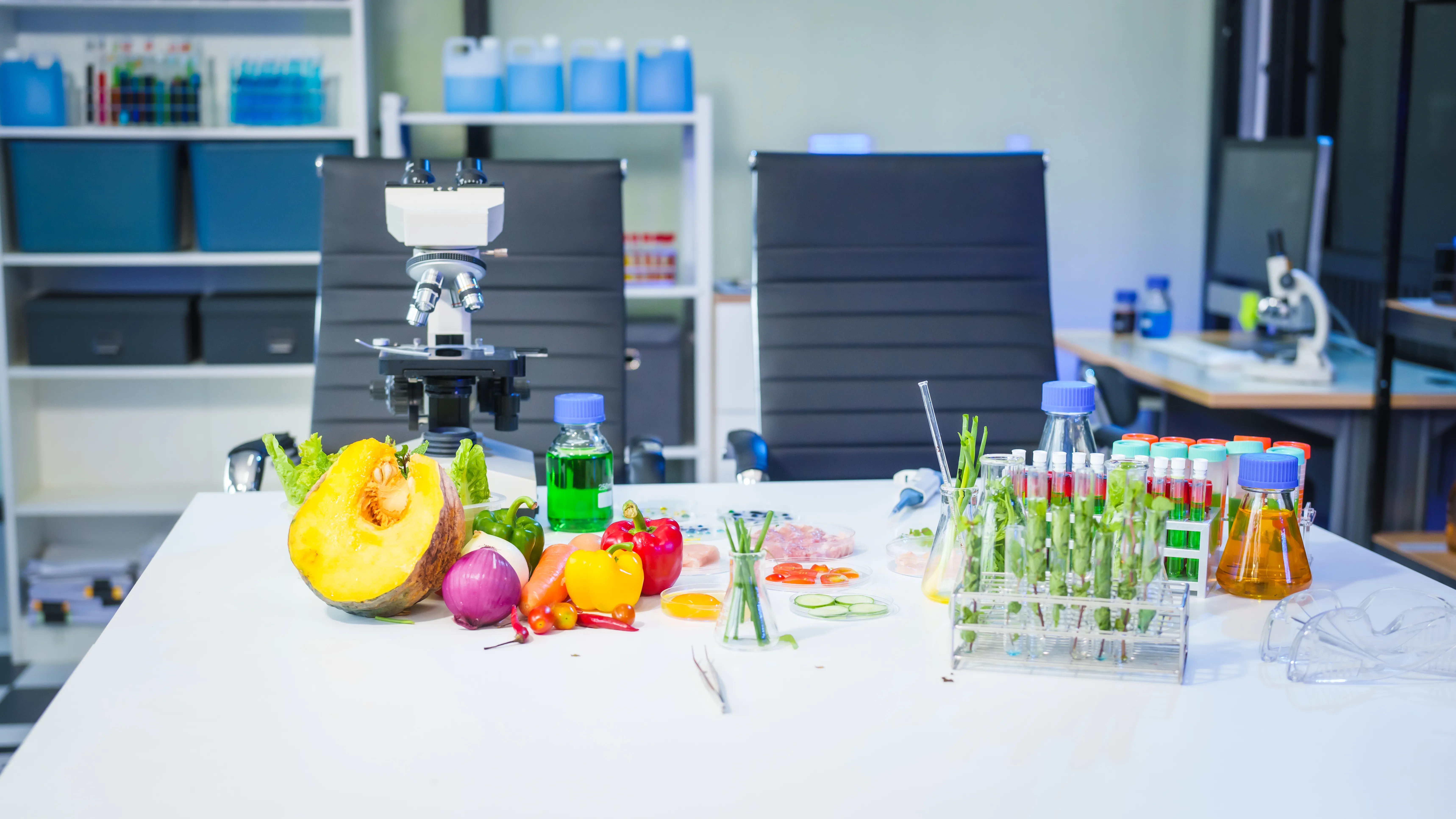In the intricate world of the food industry, ensuring food safety and maintaining high-quality standards are imperative. This is where lab environments come into play, equipped with specialized laboratory furniture that supports the intricate tasks of food analysis and research.
What is Laboratory Furniture?
Laboratory furniture refers to specially designed equipment used in labs to perform experiments, research, and data analysis. These furnishings are built to meet lab-specific needs such as cleanliness, durability, and flexibility, often being resistant to chemicals, moisture, and heat.
Types of Laboratory Furniture
- Laboratory Benches and Tables: These workstations aid in executing experiments with built-in storage and features tailored to a lab's requirements.
- Laboratory Cabinets and Storage Units: Essential for storing equipment safely, these units feature fire resistance, lockable doors, and adjustable shelving.
- Fume Hoods and Safety Cabinets: Protects against hazardous substances with filters, ventilation systems, and alarms.
- Seating and Chairs: Ergonomically designed for comfort and adjustability during long hours of work.
Importance in the Food Industry
Though not directly involved in food processing, laboratory furniture plays a pivotal role in food safety and quality control systems through various testing methods:
- Microbiological Testing: Detects harmful microorganisms such as Salmonella and E. coli through specialized workstations.
- Chemical Analysis: Identifies chemical contaminants like pesticides and heavy metals, crucial for consumer safety.
- Nutritional Analysis: Determines nutritional composition, testing for vitamins and minerals.
- Sensory Analysis: Evaluates sensory properties like taste, smell, and texture to ensure product quality.
Each piece of furniture is designed to provide a safe, efficient workspace, supporting food industry consultants, food technology consulting tasks, and research professionals.
The Market Dynamics for Laboratory Furniture
The global market for laboratory furniture, especially significant for food and beverage engineering and food manufacturing engineers, is on a robust growth trajectory. According to Grand View Research, the market could reach USD 5.9 billion by 2027, driven by:
- Increasing demand in emerging markets influenced by biotechnology and pharmaceutical growth.
- Emphasis on safety and cleanliness, particularly in cleanroom environments.
- Rising need for customized furniture to meet diverse lab requirements.
- Growing focus on sustainability leading to eco-friendly materials and designs.
With a competitive landscape featuring leaders like Labconco and Thermo Fisher Scientific, the industry is poised for continuous expansion. Opting for cutting-edge laboratory furniture ensures that food business consultancy and food manufacturing consultant activities operate at benchmark standards.
Conclusion
In conclusion, laboratory furniture is indispensable in the continual endeavor to uphold food safety and quality within the food industry. As food plant engineering and food factory design progress, the role of well-equipped labs, facilitated by innovative furniture, will become all the more crucial.
 PMG stands for Projects Management Group. We provide state-of-the-art Engineering Services to build world-class food processing factories.
PMG stands for Projects Management Group. We provide state-of-the-art Engineering Services to build world-class food processing factories.  Engineering is the difference between Chaos and Excellence. If you are going to do it, do it right.
Engineering is the difference between Chaos and Excellence. If you are going to do it, do it right.  Explore the diverse range of Products in the Food Processing Industry.
Explore the diverse range of Products in the Food Processing Industry.  Explore the technologies at the heart of the the Food Processing Industry.
Explore the technologies at the heart of the the Food Processing Industry. 


 Back
Back 



